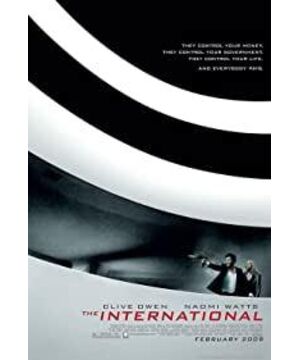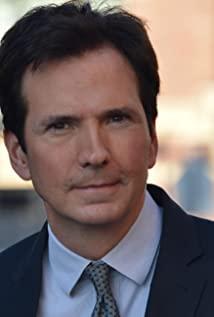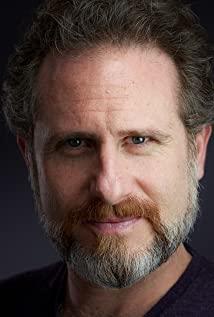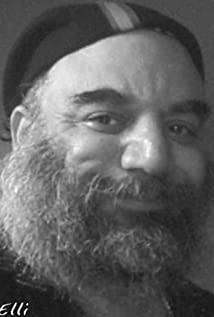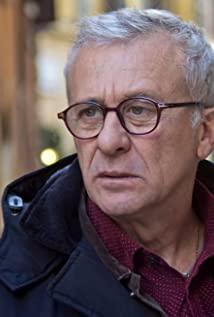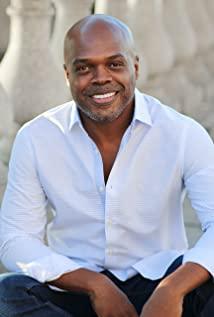You may feel unfamiliar with Tom Tykwer, the director of "Transnational", but you should have seen "Lola Run" that made him famous. "Lola"'s discussion of destiny is fast-paced and deeply rooted, and the film uses a "three-stage" structure to illustrate the idea that people's realized lives are created by the accident of a series of lives. Although the third paragraph at the end of "Lola" is a happy ending, due to the juxtaposition between the three paragraphs, it is doomed that there is only one ending to Lola's story. . For example, whether Lola's father knew who the child in his lover's womb belonged at that time was determined by the speed of Lola's running, and Lola's speed was determined by what she thought and encountered along the way. The most important thing is that speed determines the truth, the pessimistic truth.
Although the rhythm of "Lola" is tight and the music is explosive, it is not difficult to see tykway's pessimism. His optimism is only the performance of the film, and it is also tykway's cleverness. I remember a novel called "Extreme Years", which tells about a bombing case with twists and turns. The motive for the crime is a failed love. The whole story is full of gray tone, and the end of the novel is "Being a man, the key is to survive, to survive. , the money is rolling in." This ending is quite similar to "Lola". This practice is just a technique of the work of art, not its spiritual core. Tykwer's pessimism was unabashed in his subsequent "Paradise" and "Paris I Love You". What the teacher Philippa does in "Paradise" is a consequence of her desperation for life. The part directed by Tykway in "Paris, I Love You" ("Paris" is composed of 20 well-known directors each shooting a story) shows the ending of love, everything is so simple, natural, comfortable and fresh in the beginning, And it is unique, then repetition, then boredom, and then ending. At this point, Tykwer-esque pessimism culminates in a euphoric climax in the film's bright, brisk rhythm.
After "Paris I Love You", Tykwer embarked on the road to blockbuster. "Perfume" is a commercial film with a good plot, and the ending still cannot escape the pessimism of Tekway. "Transnational Bank" is also a big production, and contains all the elements that such a commercial film should have, a righteous Interpol, a strong beauty assistant, an evil group force, a terrifying professional killer, but there is no Hollywood-style victory at the end, it is still A tikkawi-esque halfway pessimistic ending. It seems that the use of tough guys like Clive Owen is just to further foil the frustration at the end.
The anti-Hollywood ending has made "Transnational" much criticized, because the first 100 minutes of the film is entirely a blockbuster of a Hollywood hero, and in the last ten minutes, the hero played by Clive Owen has turned into a hero. Helpless hero. Although the plot makes sense, it is difficult for the audience with the "big movie mentality" to pay for this approach.
"Transnational", which wanted to strike a balance between entertainment films and literary films, failed to find a good connection point between the two, making the film top-heavy, making it feel like director Tom Tykway was in the 100th minute of the film. The golden cicada escaped, allowing the audience to reminisce about a crystal clear shell.
View more about The International reviews


